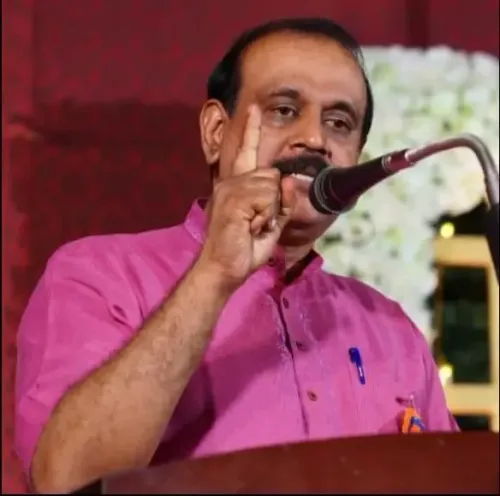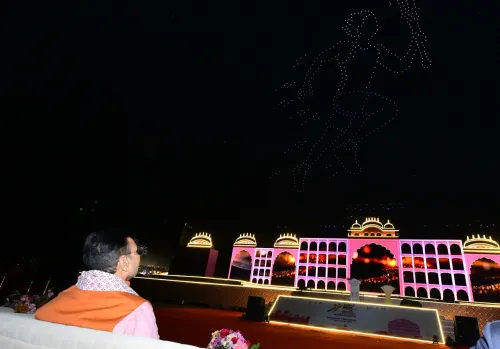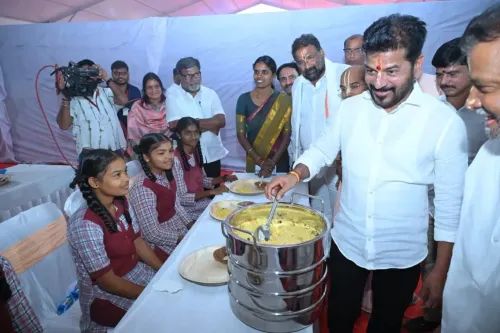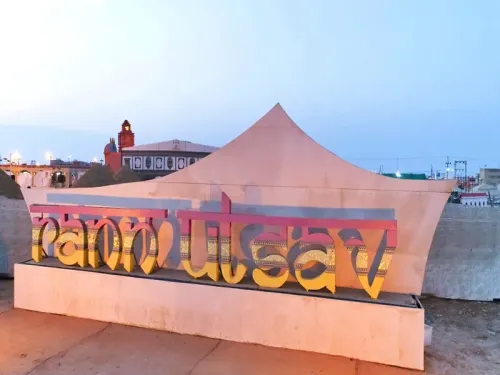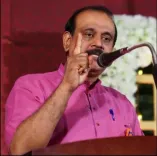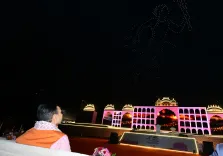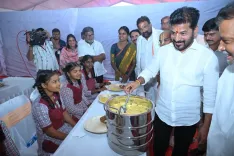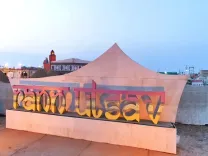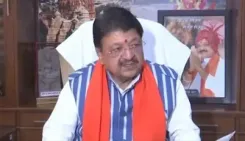Did CM Mamata Question CEC on ECI's Staffing and Polling Station Proposals?
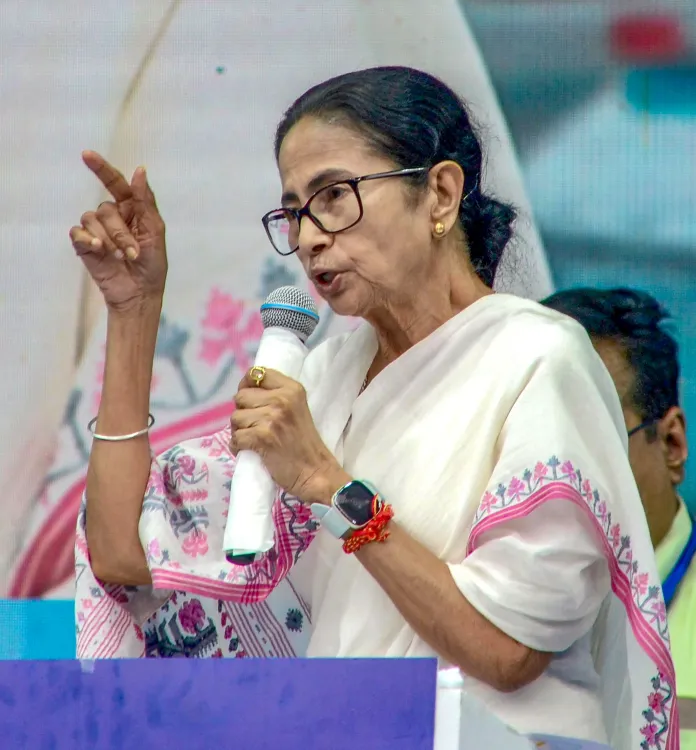
Synopsis
Key Takeaways
- Mamata Banerjee questions the need for outsourcing data-entry roles.
- Concerns raised about polling stations in private complexes.
- Emphasis on maintaining fairness and accessibility in the electoral process.
- Potential political influences on ECI proposals are under scrutiny.
- Importance of local staffing in electoral tasks highlighted.
Kolkata, Nov 24 (NationPress) West Bengal's Chief Minister Mamata Banerjee took the initiative on Monday by addressing a letter to Chief Election Commissioner Gyanesh Kumar. In her correspondence, she expressed her concerns regarding two recent proposals from the Election Commission of India (ECI). The first proposal involves the distinct hiring of data-entry operators for the ongoing Special Intensive Revision (SIR) in the state, while the second pertains to the selection of polling stations for the forthcoming assembly elections scheduled for next year.
Mamata Banerjee pointed out a recent solicitation for proposals to recruit 1,000 data-entry operators and 50 software developers for a year-long period. She emphasized that this initiative contradicts the commission's earlier directive to district election officers (DEOs) which instructed them to avoid hiring contractual data-entry operators and Bangla Sahayata Kendra (BSK) personnel for any SIR-related or election-related data tasks.
In her letter, the Chief Minister questioned the necessity of outsourcing this work when district offices already possess a considerable number of skilled professionals capable of performing these tasks. She stated, "Traditionally, field offices have always recruited their own contractual data-entry staff as needed. If there is an urgent requirement, DEOs have the authority to hire independently. Why is the CEO's office undertaking this responsibility on behalf of field officers? What meaningful difference is anticipated in the service conditions or contractual obligations between those currently engaged and those proposed to be hired through the external agency?"
Furthermore, she raised suspicions regarding whether this move was influenced by a political party with vested interests, noting that the timing and nature of the ECI's proposal aroused legitimate concerns.
The second concern outlined by Mamata Banerjee relates to the ECI's reported intention to establish polling stations within private residential complexes for the vital West Bengal assembly elections next year.
"It has come to my attention that the Election Commission is contemplating setting up polling stations inside private housing complexes, and DEOs have been requested to submit recommendations. This proposition is exceedingly concerning. Polling stations should always, and must continue to, be situated in government or semi-government facilities, ideally within a 2 km radius, to guarantee accessibility and neutrality. Private buildings are generally avoided for valid reasons: they jeopardize fairness, breach established norms, and create discriminatory distinctions between privileged residents and the general populace—those who have and those who do not," the Chief Minister stated in her letter.
She further questioned if the commission's proposal to establish polling stations in private housing complexes was being made under the influence of a political party to promote partisan interests.

